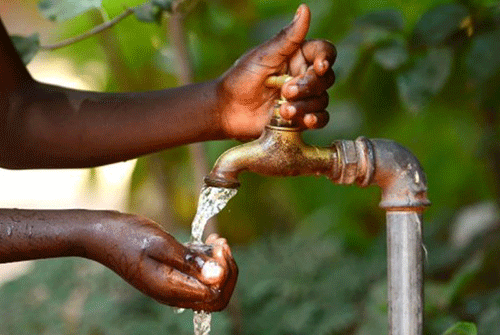Namibia will this week join the rest of the world to celebrate World Wetland Day as well as World Water Day. Namibia is an arid country that is regularly afflicted by drought. Most urban residents have access to drinking water supply, but access lags behind in rural areas. It is in this light that the day will be celebrated to draw attention to these causes.
A media statement by the Ministry of Agriculture, Water and Land Reform on Friday states that the day will be celebrated in conjunction with other role players such as the Franco Namibian Cultural Centre; Ministry of Environment, Forestry and Tourism; Namibia Water Corporation and UN agencies, amongst others.
This year’s celebration, scheduled for 25-26 March, will be held under the theme: ‘How valuable is water to you?’ The theme was deliberately chosen to probe soul-searching and to ask ourselves what water means to us – as human beings –, our economies and environment, its true value and how we can better protect this finite vital resource, according to the agriculture ministry.
World Water Day is celebrated to draw awareness on water issues, especially the 2.2 billion people living without access to safe water worldwide. The day also aims to provide an opportunity for the key players and stakeholders in the water sector and sanitation to learn and dialogue more about water-related issues.
Namibia, according to the National Sustainable Development Goal 6 (SDG6) progress update for 2021, has made modest, yet encouraging progress over the past three decades. The latest available Joint Monitoring Programme (JMP) for Water Supply and Sanitation by WHO and UNICEF update, the access to drinking water has increased from 80% to 83% since 2010. While urban water coverage decreased slightly from 97% to 96% due to rural-urban migration with specific reference to urban population living in informal settlements who have limited access to safe drinking water, rural coverage increased from 68% to 69% in the same period, the report states. On the other side, access to sanitation still lags. Namibia has one of the lowest sanitation coverage in the Eastern and Southern Africa regions. Indeed, according to the latest available JMP data, access to basic sanitation improved slightly from 32% to 35% as of 2020. While basic sanitation coverage in urban areas decreased from 55% to 51% since 2010, access in rural areas increased slightly from 16% to 18%.


